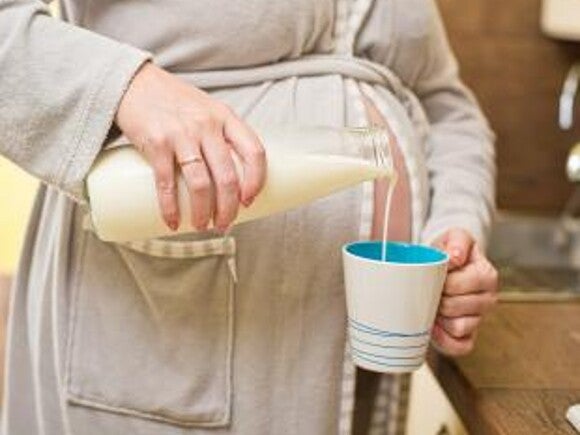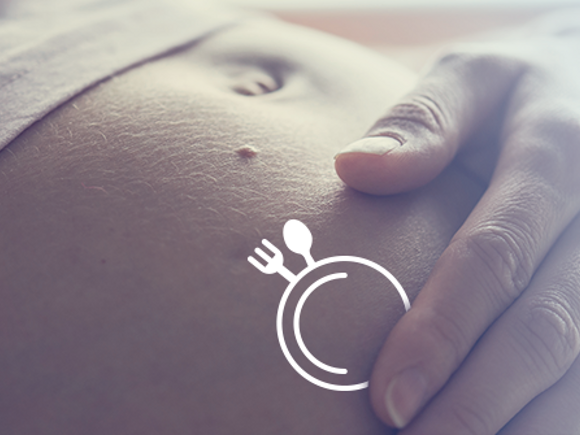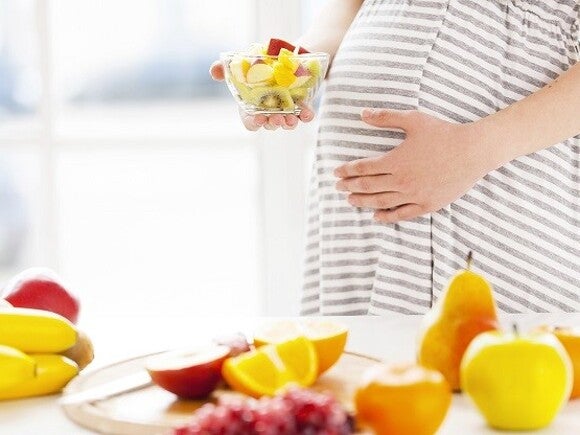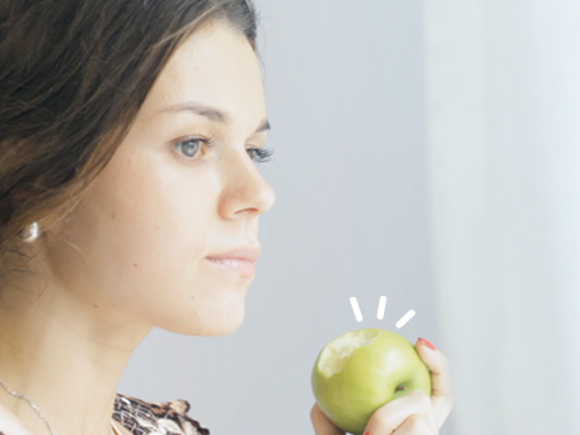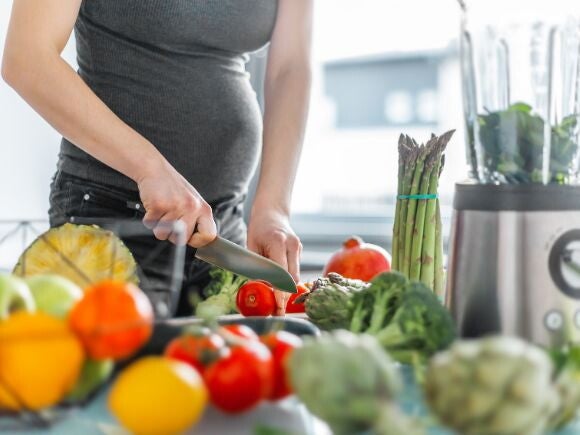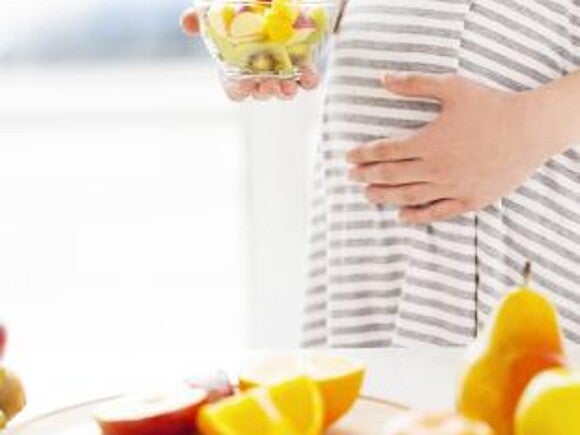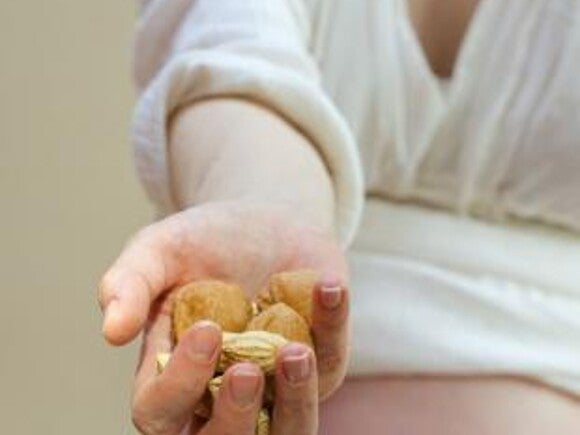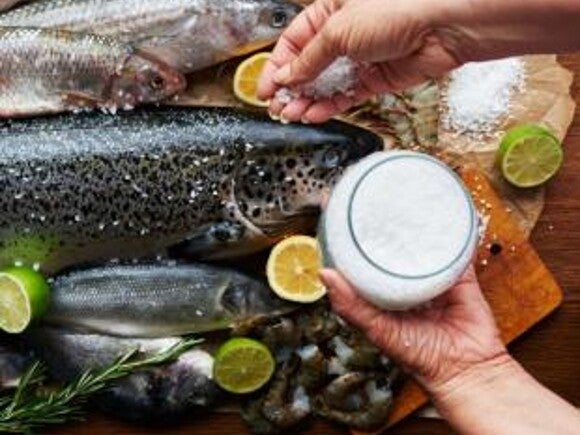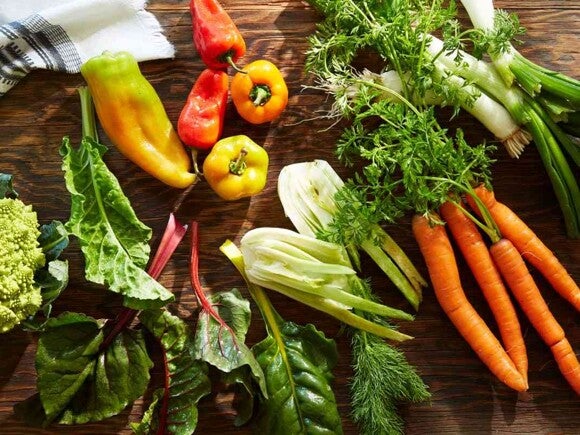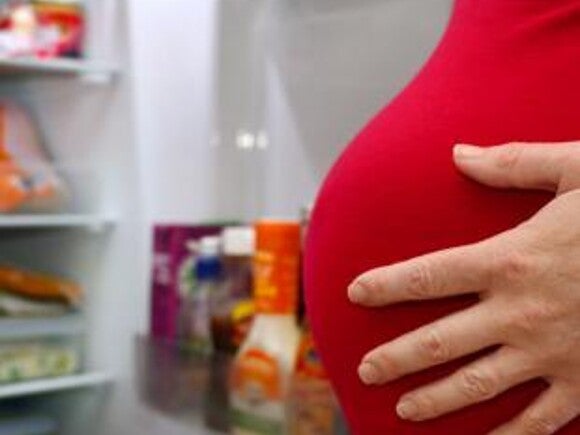| Nutrient | Calcium | Vitamin D |
|---|---|---|
| Why do you and your baby need it? |
Calcium is necessary for the development and maintenance of the skeleton. To stop your body’s reserves from being depleted, it’s important to get plenty throughout your pregnancy. |
Calcium should be consumed with Vitamin D, which helps you absorb calcium from the diet. Your Vitamin D levels during pregnancy can affect your baby so preventing Vitamin D deficiency is important. |
| Eat it so you can… |
|
|
| How much is enough? |
You need to consume around 1000 mg/day.
|
You can meet your Vitamin D needs through regular exposure to sunlight. If you have little access to sunlight speak to your doctor or dietitian for advice on supplementation. |
| On your plate |
|
|
| Tips |
|
|
